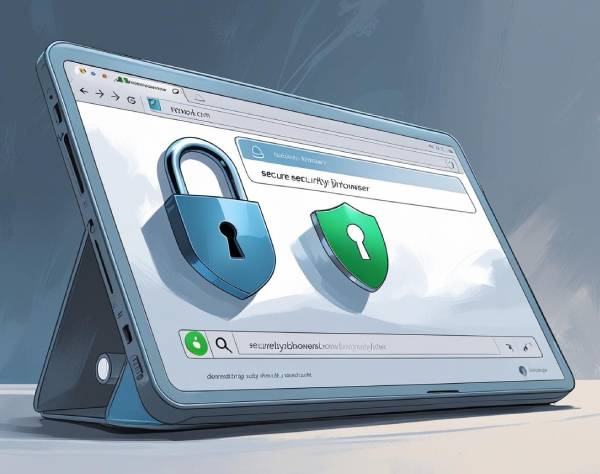Wi-Fi Enabled Children’s Toys: 5 Safety Tips

Now that the holidays are over and every present has been opened and tested, you may want to take a closer look at any new devices in your household.
Run an online search for “Wi-Fi enabled children’s toys” and you’ll find pages and pages of tech toys to purchase, from “learning tablets” designed for young children to funny little animals that transmit voicemail messages. Plus, “Hello Barbie” is scheduled to come out this year—a toy that records a child’s voice and translates it into data that can be used in later play via keyword search, all stored online.
How secure are all of these cloud-storage databases? What might these toys be exposing about you or your children?
Outdated Security
The recent VTech hack shines a spotlight on the lack of security for the most vulnerable technology users.
A 21-year-old London-based hacker easily gained access to the VTech database by way of a very dated loophole in their security. The accounts of 6.4 million children and 5 million parents were accessed, exposing names, email addresses, secret questions and answers for passwords, IP addresses, mailing addresses and download histories as well as children’s names, genders and birthdates.
Open Door
When multiple devices are logged into the same Wi-Fi account, they have much easier access to each other. This can affect your children’s Wi-Fi toys in a couple different situations:
- If your child uses their Wi-Fi-enabled tablet over public Wi-Fi at, for example, a coffee shop
- If your home Wi-Fi is unsecure and people outside your household can use it
Video Games
The PlayStation Network and Xbox Live chat features are full of stranger danger. When playing video games using one of these networks, your children can talk directly to other players or even enter virtual rooms for private conversations.
What You Can Do
Technology is an everyday part of life today and is necessary in both school and career. It’s important for your children to be familiar with how to use current devices as modes of communication.
Here are five ways to keep your children safer when using their gadgets.
1. Understand Your Children’s Devices
You should know the answers to these questions:
- Does your child’s new toy or tablet have a camera?
- Can it transmit or receive pictures?
- Does it have a phonebook or contact list?
- Can it download apps? What do the apps have access to (photos, contacts, etc.)?
- Can your child communicate with other people through their new device?
- Does the device post to the web?
- Does the device have a dashboard? If so, is the dashboard part of the installed software or is it online?
- What kind of information can be shared with other people online?
2. Keep Up with Device Updates
Updates often include new security protocols and patches for security loopholes. Stay on top of these.
3. Add Wi-Fi Security
Make sure your home Wi-Fi is password protected so that outsiders cannot easily access it.
4. Parental Controls
Enable parental settings so your children can only add “friends” in their network when you enter a parent password. Don’t give your children that password.
5. Outline Appropriate Online Behavior
Sit your children down and give them a thorough education as to what is okay to share with people they meet online.
- Make sure they know never to share their real name, age, address, phone number or any information that could help a stranger identify their physical location.
- Tell them to never ever share pictures of themselves online.
- Also make sure they know to tell you right away if anything seems weird about any of their interactions.
Wi-Fi-enabled toys and gadgets open your child’s world in ways we couldn’t dream of when we were their age. Learning is easier and more fun. Information about a favorite animal can be gathered in the blink of an eye. Instead of waiting weeks to hear back from a pen pal from another country, your children can have real-time conversations with children in Europe, Africa or anywhere. Just make sure you’re taking responsible measures to keep them safe at the same time.




